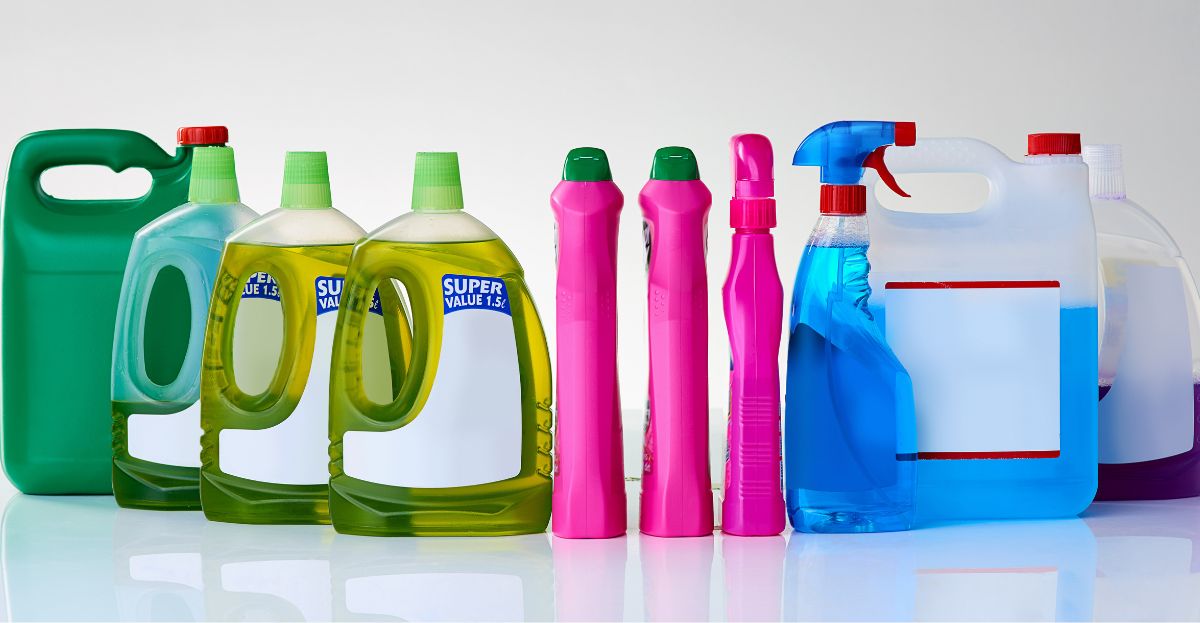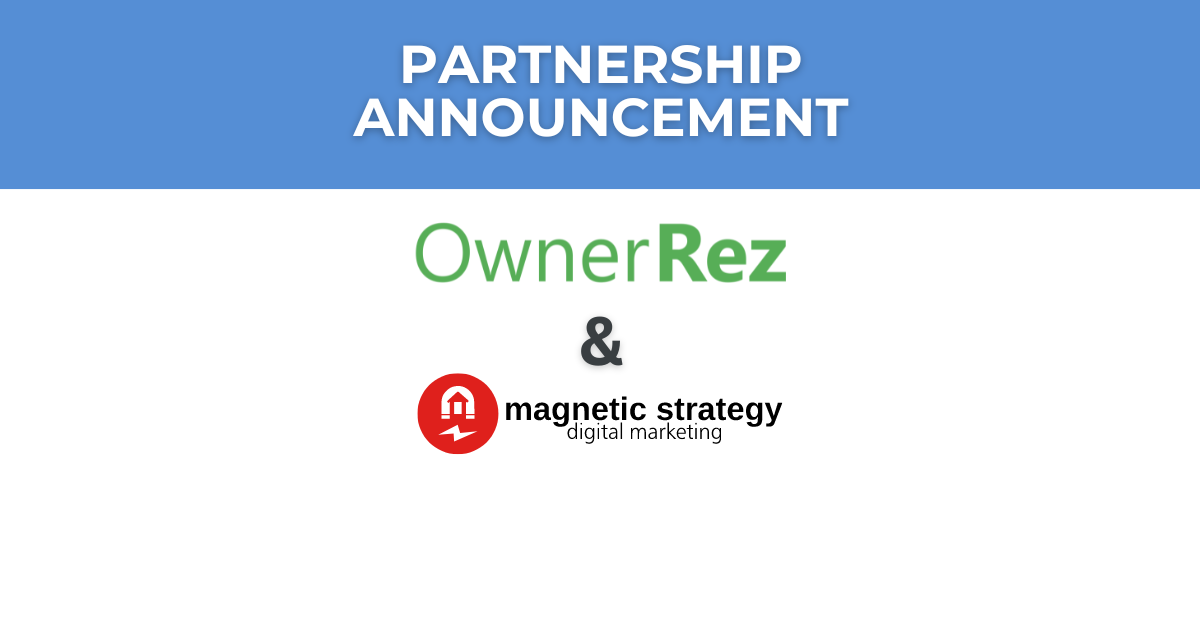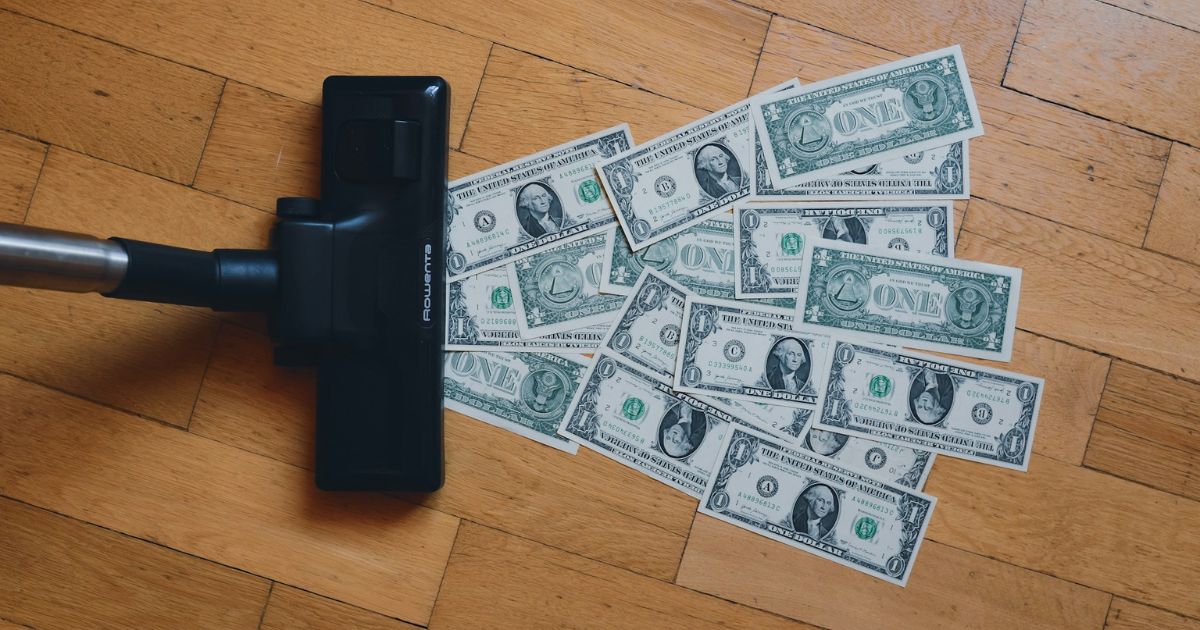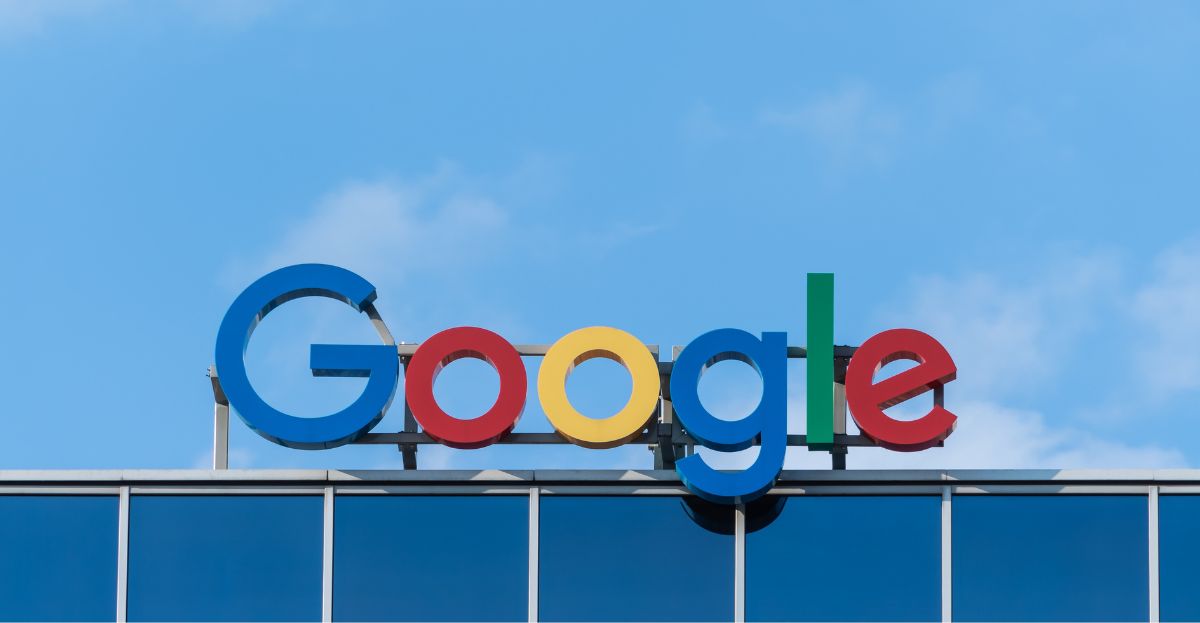What You Need to Know to Protect Your Guests, Staff, and Properties
With little else on anyone’s mind, vacation rentals have had to pivot quickly to adapt to the Coronavirus pandemic, and while it hasn’t been a smooth transition for many VRMs, there are some natural advantages vacation rentals have over traditional hotels and other lodging options. Some important changes rentals have made are in relation to hygiene and cleanliness at properties, but as the situation develops and we move towards a new ‘normal’ in the travel industry, VRMs should consider integrating precautions to bolster guest confidence in their safety and their travel plans.
Changes to Cleaning Procedures
Property cleanliness is likely top of mind for guests during this time. Managers will want to make sure that rigorous new cleaning routines are being implemented, along with WHO-certified and EPA-certified cleaning products – the EPA has issued a list of approved cleaners and disinfectants that can be used effectively against coronavirus. If you’re unsure whether your specific cleaning products adhere to new guidelines, check the product registration number with the EPA’s approved coronavirus cleaning products database.
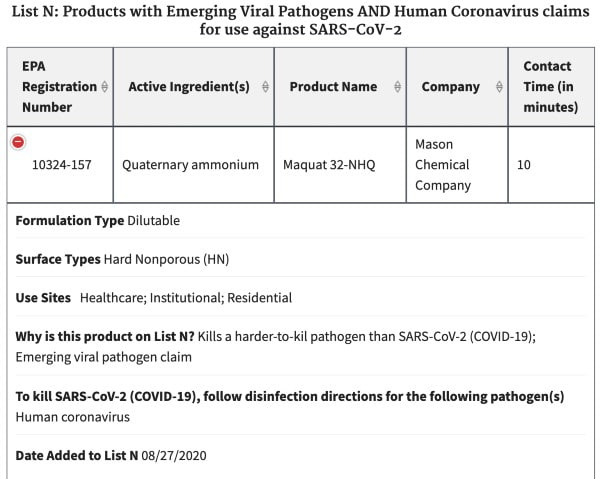
In addition, all cleaning staff need to use the proper Covid-19 cleaning techniques for vacation rentals, while being properly protected themselves. This includes waiting at least 12 hours after a property has been vacated before cleaning starts, in addition to using pre-approved cleaning products. The Vacation Rental Housekeeping Professionals (VRHP) adopted these cleaning procedures in May of 2020, and expects to modify guidelines to any developing safe travel standards.
Cleaning staff need to wear proper protective equipment while cleaning and disinfecting the property including masks and gloves. While cleaning, special attention needs to be paid to frequently-touched surfaces like doorknobs, lightswitches, remote controls, countertops, and more. Soft or porous surfaces need to be cleaned and disinfected between guest use. Harder surfaces like stainless steel require special attention as the virus has been shown to survive in a viable condition on these surfaces for upwards of 72 hours (Learn more about coronavirus on surfaces).
In addition to these measures, you will want to create a safe-cleaning plan (download a comprehensive COVID-19 Cleaning Plan), stick to the plan, and revise it as necessary according to new virus developments. Executive Director of The Vacation Rental Housekeeping Professionals, Durk Johnson, encourages contacting and establishing a connection with your local health authority in order to make sure your plan considers the most recent information available. Local health professionals will generally have the most reliable information regarding the virus, so you can make sure your cleaning plan, products, and procedures are as up-to-date, effective, and safe as possible.
Lastly, wherever possible, rentals should be scheduled with a minimum of 24 hours vacancy between guests, and as much as 72 hours. This extra time not only allows for the proper cleaning to be done, it also minimizes the chances the virus could survive on surfaces in the event someone who has been exposed has come in contact with the property. Where existing bookings do overlap these timeframes, it’s important to inform incoming guests and provide as much time as possible for units or homes to remain vacant.
Johnson also encourages strictly adhering to new protocols:
“…as these new guidelines are intended to enhance the safety of properties, and provide more peace-of-mind for property owners and guests.”
Durk Johnson
Coronavirus Amenities for Guests
When it comes to guest peace of mind, recognizing that it’s not a normal time to be traveling or staying at a vacation rental can help your guests feel safer staying with you, helping you maintain bookings. Consider including the following to communicate the importance of your guests’ safety, as well as your staff:
- Provide disposable masks, gloves, and hand sanitizer throughout the property, and especially at the front door/entry points to make it easy for guests to stay safe while out and sanitize upon returning.
- Supply extra soap, detergents, and cleaning wipes for guest use, along with extra towels and linens.
In addition to physical products on site, make sure you’re doing everything you can to give guests necessary information digitally:
Contactless Vacation Rental Experiences
If you don’t already, make sure you have a system in place to allow guests to check in virtually and access everything they might need during their stay online including:
- Digital guidebooks/welcome packets to help guests find what they need and get the most out of their stay.
- Coronavirus shopping guides – let guests know what local grocery stores offer curbside pickup or other contact-less shopping services for groceries and sundries (and any fees associated with such services). If there are local personal shopping options, meal delivery, or other amenity delivery choices, highlight these for guests so they can leave the property as little as possible during their stay.
- Coronavirus-specific communications – let guests know what precautions you’re taking to keep them safe; provide the resources and information to help them protect themselves and let them know how you’re protecting cleaning staff as well.
- Guest Surveys – find out more about guests’ stay in order to help you improve your response, and learn more about guests in the event someone gets sick.
Booking Flexibility
You may have to abandon traditional notions about how guests book rentals – this is the time to open properties for last-minute, late-notice bookings if you are able. In addition to the safety of cleanliness, understanding the changing environment of the virus will help you adapt to how guests are looking to travel in the future. This may also include allowing last-minute cancellations or transfers to give guests options if the situation is evolving where and when they plan to travel.
In addition, posting travel advisories and any restrictions can help cut down on guest cancellations by making sure guests have all the relevant information before booking and during their stay.
Vacation rentals have a unique opportunity ahead, as many potential travelers are eager to get out of the house, but less interested in staying in traditional hotels. Whether they want to maintain more social distance by staying at a single-family dwelling, or they’re just looking to get farther away from it all, it’s a time when hotels may be less appealing for guests overall, despite taking the same or similar precautions to vacation rentals.
How well VRMs take advantage of this opportunity may indeed set the tone for travel routines for the foreseeable future. Learn more about how VRMs are adapting to the situation:




